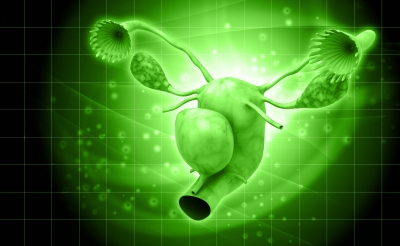Importance of diet in fertility treatment
There have been a few
articles about the incidence of vitamin of D3 deficiency amongst peoples in UK
and member of the Royal collage of GPs and Royal society of medicine have been
urging both, the general public and professionals to look out for this deficiency.
They blame the poor weather and the long winter for the problem.
Vit D3 - more than just good bones
Vitamin D3 is known
to cause a plethora of problems ranging from rickets and osteomalacia to less
obvious ones like low mood and even depression, malabsorption, depressed
immunity etc. What is interesting is we have noticed a remarkable deficiency of
Vitamin D3 in my Indian patients in Mumbai as well. What really worried me was
to know that a 47 years old apparently
healthy lady doctor colleague not only had very low vitamin D3 but also
osteoporotic hair-line fractures of femur and spine. She had also developed
proximal myopathy of her thigh muscles (painful muscles, severe pain whilst
,moving her leg) and other symptoms over a 6 month period.
 |
| Image from : freedigitalphotos.net |
Vitamin D3 is a good
marker of overall dietary problems because it has a complex metabolic pathway.
It’s a fat soluble vitamin that is present mainly in animal sources like egg
yolk, meat etc. and which needs to be processed in both liver and kidney before
it becomes active and does its bone protection jobs. A good level of Vitamin D3
not just means good bones and good calcification but also suggests that your
gut, your kidneys and your liver are all working well. Any nutrient that is
dependent on so many factors is more likely than others to go wrong.
Role of Vit D3 in IVF
In our IVF program we
are in particular careful about vitamin D3 levels because they are known to
affect the quality of endometrium and possibly the rate of implantation of
embryos.
- The big paradox is Indians in sunny India seem to be suffering more than British women who have to bear with the terrible British weather which is better described as gruel than bad. A few main point is think may be the cause of this apparent paradox.
- The British diet is perhaps more rich in animal source fat soluble vitamins like Vitamin D, A and K. a lot of vegetarian Indians will have to rely on milk as the only source of vitamin D. Now that we are weight concious, that source is also used less and less.
- Indians have not just taken the sun for granted but seem too detest going out in the sun. A British like the other west and northern Europeans seem to love it and sun themselves at every opportunity. They may do it more for the tan than vitamin D but they benefit nevertheless. In India tan is a big taboo, and thus by association, the sun.
What’s most
certainly all factor for Indians to suffer this vitamin D deficiency is that
our modern affluent lifestyle has allowed us to keep away from the sun. I probably
get more sun in London than Mumbai. I begin my day by driving in an
air-conditioned car to my air-conditioned office and stay there most of the day
until I leave for home late in the evening perhaps night. Any brief journey is
timed carefully to avoid the sun and is done protected from the sun.
The fact of the
matter is we need these vitamins to be healthy. Trying to get them in our daily
food and through sun in the most natural way is the easiest, cheapest and the
best way to get stay fit.